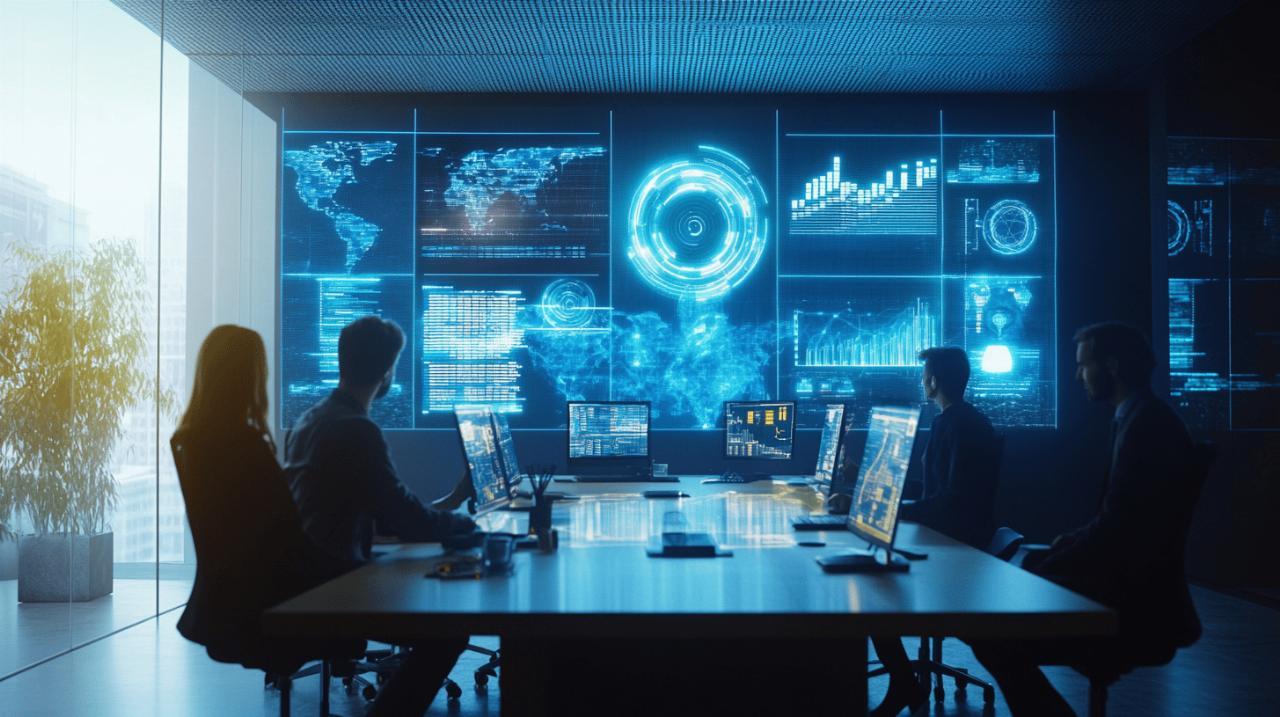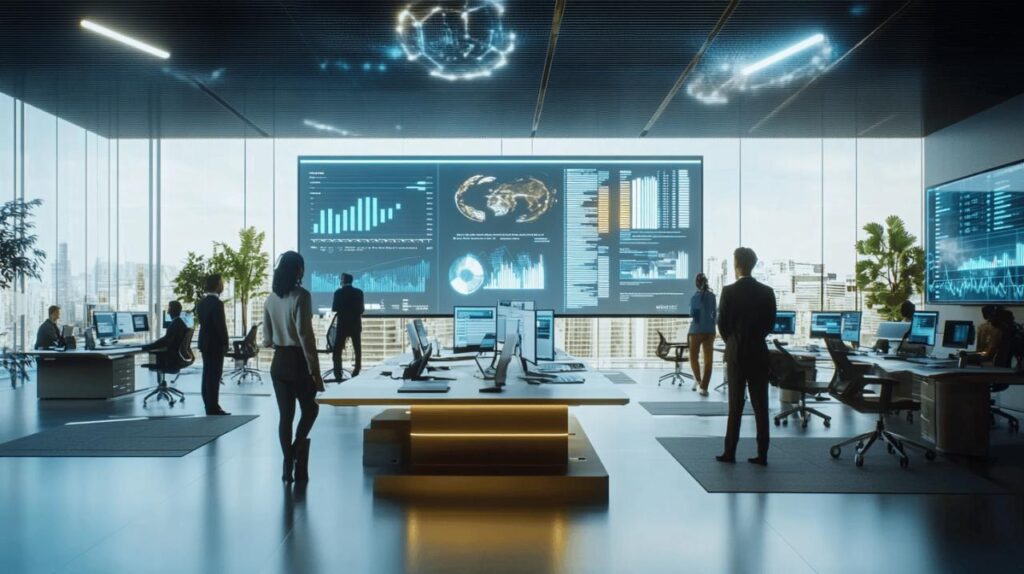Workplaces are evolving faster than ever. Shifts in technology, employee priorities and global conditions are forcing companies to rethink how they operate. To stay competitive, businesses must embrace flexibility, innovation and sustainable practices.
Rethinking the Physical Workplace
The traditional office model is no longer the default. Companies are reimagining how physical space serves their workforce. Layouts, location and function now reflect changing priorities around productivity and wellbeing.
Flexible and Hybrid Spaces
Workplaces are being redesigned to support both collaboration and concentration. Open-plan offices are being balanced with quiet zones and breakout areas. Many organisations are reducing their footprint and offering hybrid schedules. Others are creating flexible workstations that serve different functions throughout the day. For ideas on integrating design with efficiency, some turn to sources like https://www.casajedo.es/, which offer modular solutions that prioritise functionality in limited spaces.
Tech Integration in Office Design
Smart lighting, climate control and booking systems are becoming standard in modern offices. Sensors monitor room usage to optimise energy consumption and space allocation. These systems help businesses manage costs while improving comfort. They also support sustainability goals, which are increasingly important to staff and stakeholders alike.
Shifting Work Culture and Expectations
Beyond physical changes, the future of work also depends on how people feel and behave at work. Culture now plays a central role in attracting and retaining talent. Businesses are focusing more on mental health, purpose and autonomy.

Employee Wellbeing as a Core Focus
Firms are investing in support services, flexible hours and wellness initiatives. Mental health days, counselling access and reduced meeting loads help reduce burnout. When people feel supported, they perform better and stay longer. This shift reflects a broader move away from productivity-at-all-costs toward long-term resilience.
Purpose-Driven Workplaces
Employees want to align with organisations that share their values. Purpose-led businesses communicate clearly about their impact, whether social, environmental or community-based. This clarity fosters trust and encourages people to engage more deeply in their roles. It also helps brands stand out in competitive job markets.
The Future of Work: How Businesses Are Adapting to Change
As the pace of change increases, adaptability is becoming a critical skill for companies. Businesses that can pivot quickly are more likely to thrive. Long-term success depends on a mix of innovation, empathy and strategic planning.
Embracing Continuous Learning
Reskilling and upskilling are essential in a world where roles shift rapidly. Digital tools help deliver training on demand, while mentorship and peer learning support internal growth. Encouraging learning at all levels builds a more agile and capable workforce. This mindset supports innovation and boosts morale across teams.
Leadership for a Changing Landscape
Managers today need more than technical skills. Emotional intelligence, communication and inclusivity are central to effective leadership. Leaders must inspire trust and adapt their style to suit diverse teams. Those who embrace transparency and continuous feedback foster healthier, more productive environments.
The future of work is not just about new tools—it’s about new mindsets. Businesses that adapt thoughtfully will be better equipped to face uncertainty and lead meaningful change.


